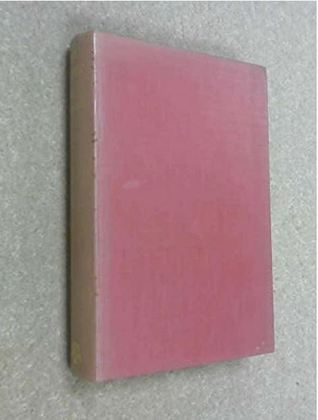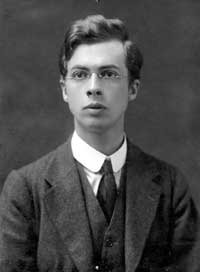
Authors
Full name Alfred Cort Haddon Writer and director Michael Eaton studied anthropology at Cambridge and in 2010 made a film 'The Masks of Mer' about the unique film shot in the Torres Straits by Alfred Haddon in 1898 lasting for less than a minute and the world's first example of anthropological cinema. 'The Masks of Mer' tells the extraordinary story of this experiment and traces the masks worn in the sacred initiation ceremony Haddon filmed. The remainder of this description refers to Michael Eaton, not Alfred C. Haddon!!! As a writer he is best known for his investigatory dramas for television, which include 'Shipman' and 'Shoot to Kill'. Film & Television Heartbeat (ITV); New Street Law (Red/BBC); Shipman (ITV); Nightshift (Maverick/C4); Flowers of the Forest (BBC Scotland); Signs & Wonders (BBC); Shoot to Kill (YTV); Why Lockerbie [aka The Tragedy of Flight 103] (Granada/HBO); Fellow Traveller (HBO/BBC/BFI); Border Crossing (C4); In Suspicious Circumstances (Granada); Darkest England (C4); Frozen Music (BFI); Visions (C4) Theatre The Families of Lockerbie (Nottingham Playhouse), Charlie Peace, His Amazing Life and Astounding Legend (Nottingham Playhouse and Belgrade Theatre, Coventry). Radio Waves Breaking on a Shore (with Neil Brand)(Promenade/BBC); The Conflict is Over (Promenade/BBC); Felix Holt (Promenade/BBC); Pickwick Papers (Promenade/BBC); Bride's Chamber (Promenade/BBC);Cave of Harmony (BBC); George Silverman's Explanation (Promenade/BBC); Dickens in London (BBC).

In 1887, Julian Huxley, the brother of novelist Aldous Huxley and the grandson of agnostic biologist Thomas Henry Huxley, was born in Great Britain. Educated as a biologist at Oxford, he taught at Rice Institute, Houston (1912-1916), Oxford (1919-25) and Kings College (1925-1935). An ant specialist (he wrote a book called Ants in 1930), Huxley became Secretary of the Zoological Society of London (1935-1942), and UNESCO's first general director (1946-1948). A strong secular humanist, Huxley called himself "not merely agnostic . . . I disbelieve in a personal God in any sense in which that phrase is ordinarily used. . . I disbelieve in the existence of Heaven or Hell in any conventional Christian sense." (Religion Without Revelation, 1927, revised 1956.) Huxley was an early evolutionary theorist, with versatile academic interests. Some of his many other books include: Essays of a Biologist (1923), Animal Biology (with J.B.S. Haldane, 1927), The Science of Life (with H.G. Wells, 1931), Thomas Huxley's Diary of the Voyage of the HMS Rattlesnake (editor, 1935), The Living Thoughts of Darwin (1939), Heredity, East & West (1949), Biological Aspects of Cancer (1957), Towards a New Humanism (1957), and Memories, a two-volume autobiography in the early 1970s. Huxley was knighted in 1958 and was also a founder of the World Wildlife Fund. Huxley was well known for his presentation of science in books and articles, and on radio and television. He directed an Oscar-winning wildlife film. He was awarded UNESCO's Kalinga Prize for the popularisation of science in 1953, the Darwin Medal of the Royal Society in 1956, and the Darwin–Wallace Medal of the Linnaean Society in 1958. He was also knighted in that same year, 1958, a hundred years after Charles Darwin and Alfred Russel Wallace announced the theory of evolution by natural selection. In 1959 he received a Special Award of the Lasker Foundation in the category Planned Parenthood – World Population. Huxley came from the distinguished Huxley family. His brother was the writer Aldous Huxley, and his half-brother a fellow biologist and Nobel laureate, Andrew Huxley; his father was writer and editor Leonard Huxley; and his paternal grandfather was Thomas Henry Huxley, a friend and supporter of Charles Darwin and proponent of evolution. His maternal grandfather was the academic Tom Arnold, his great-uncle was poet Matthew Arnold and his great-grandfather was Thomas Arnold of Rugby School. More: http://philosopedia.org/index.php/Jul... http://en.wikipedia.org/wiki/Julian\_H...